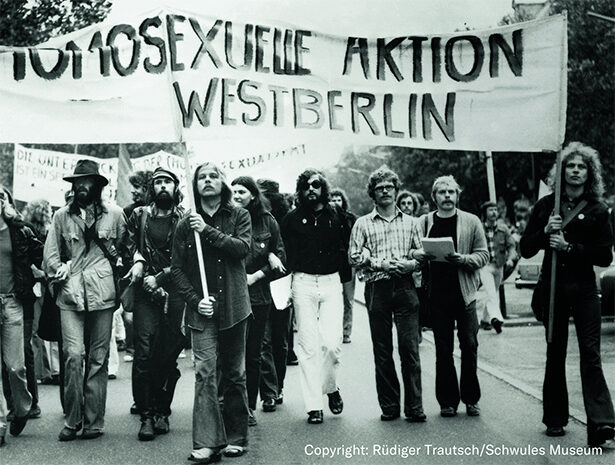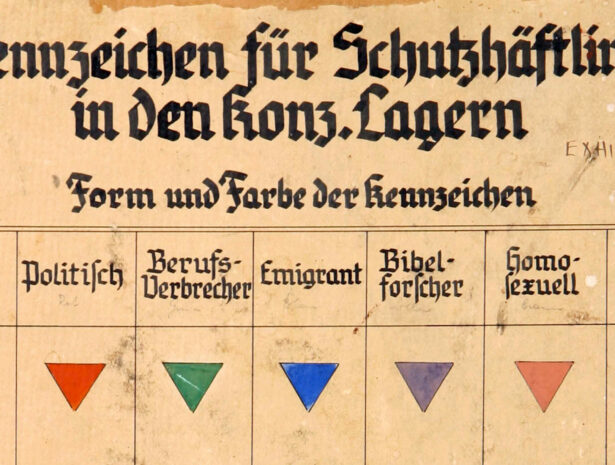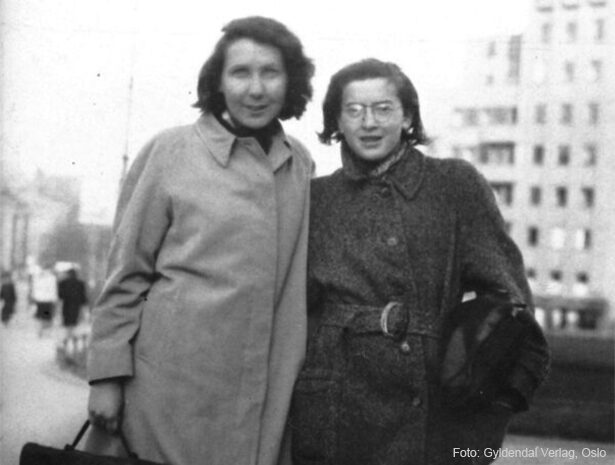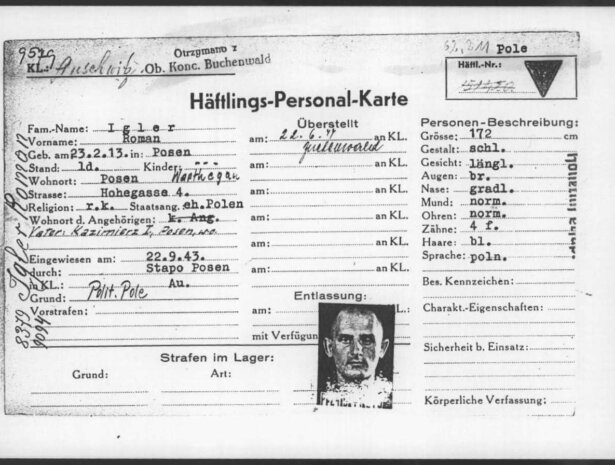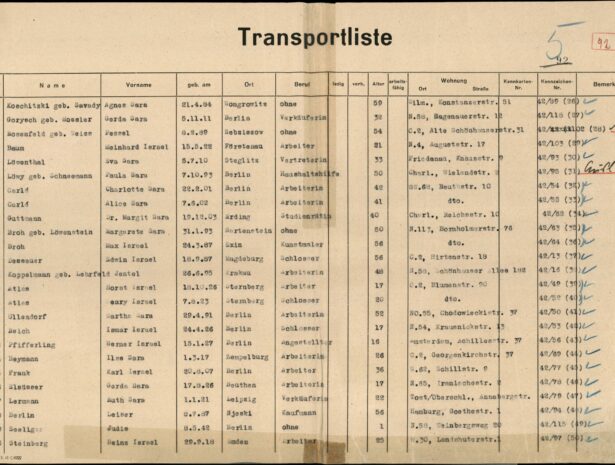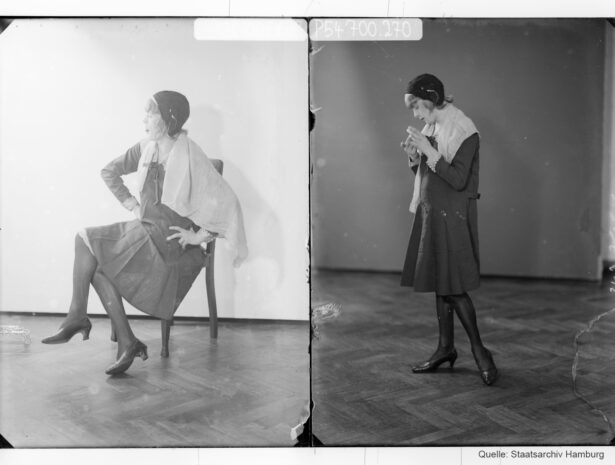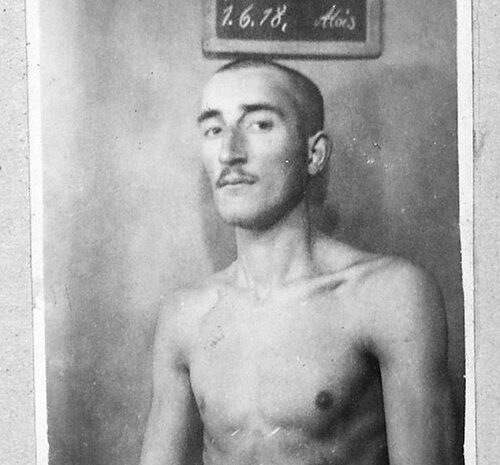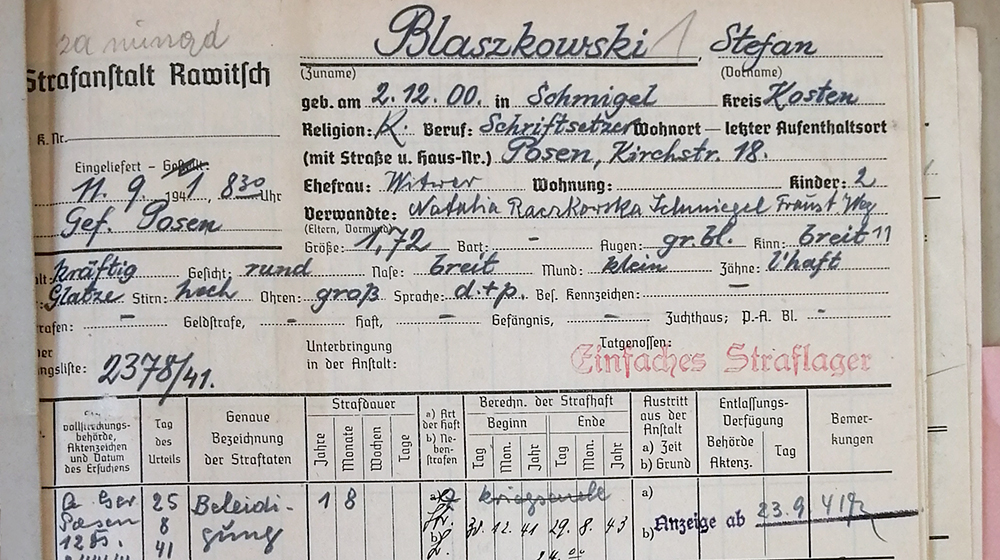Pride Season

Throughout pride season we’ll be taking a closer look at the history of queer persecution. The Nazis subjected all kinds of minority groups – all kinds of otherness – to relentless persecution. About 53,000 men who were persecuted as homosexuals were convicted by the Nazi judiciary.
The persecutees were sent to psychiatric institutions and concentration camps, forcibly castrated, or murdered. Lesbian women and queer people also faced significant risks during the Nazi era, and there is still much work to be done on researching their fates. We have a lot to share with you over the coming weeks, including interviews about new research on queer history in the Nazi era, insights into biographies of individual persecutees, and live Instagram broadcasts with activists and experts.
Stand with us for respect, diversity, and democracy!
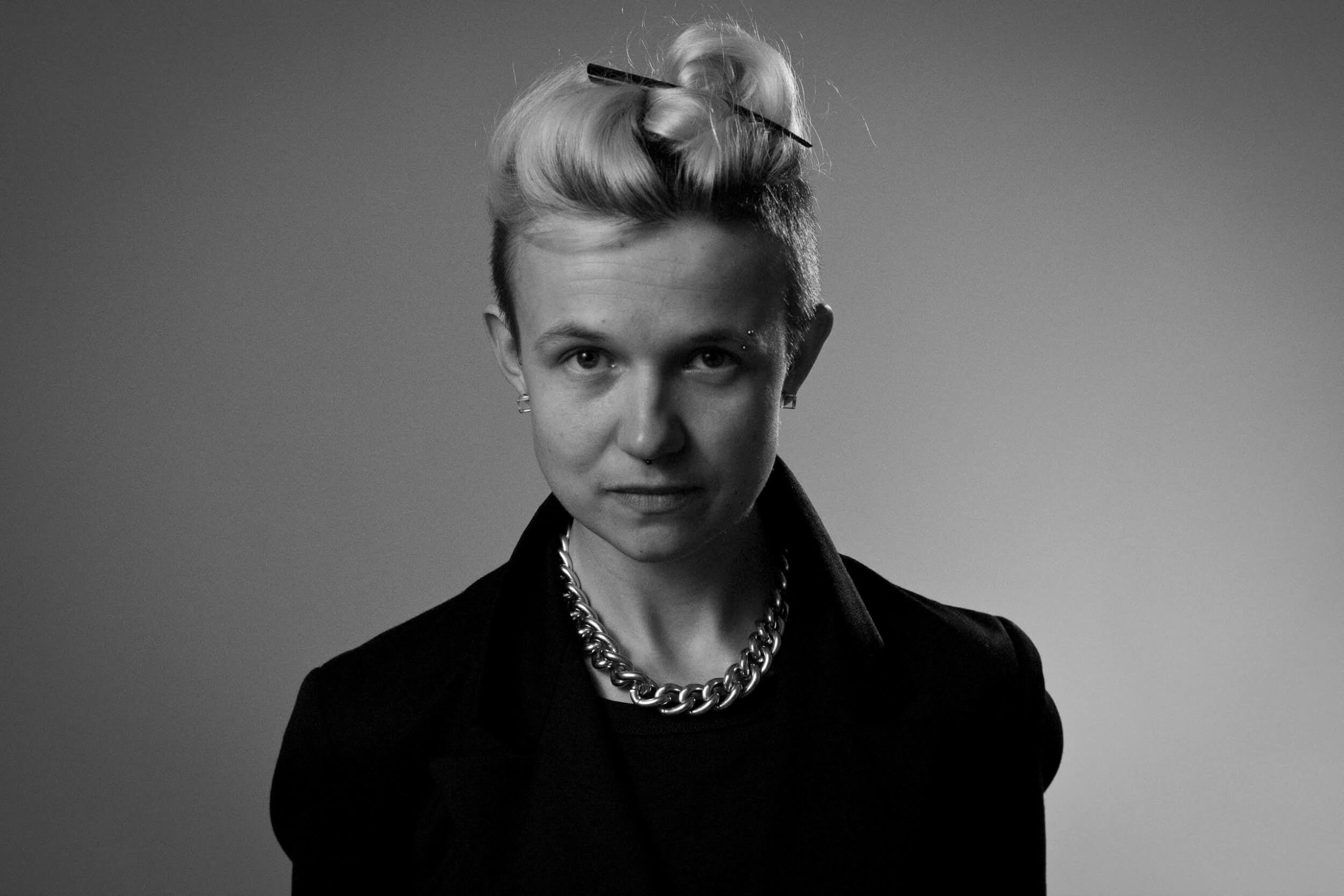
»The Polish government and the Catholic Church refer to LGBT+ people as ideologists and don´t see them as people. I think that the situation we are experiencing now is a consequence of the lack of awareness of queer history.«
Joanna Ostrowska, Historian, film scholar and dramaturge
Erinnern in Auschwitz: New research about queer history
“Erinnern in Auschwitz – auch an sexuelle Minderheiten“ is the title of the new book from the Polish and German-Dutch researchers Joanna Ostrowska, Joanna Talewicz-Kwiatkowska, and Lutz van Dijk. Their goal: to find a new of way of talking about and remembering victims of the Holocaust who belong to minority groups like the queer community or the Sinti and Roma.

»We would like to show that the past is not just a thing of the past, it is actually something which we are confronted with in the present day. The prejudice and the persecution of homosexuals and LGBT+ groups in Poland are part of the same mechanism, which is familiar to us from the past. This is very dangerous.«
Joannna Talewicz-Kwiatkowska, Assistant professor at the Institute of Ethnology and Cultural Anthropology in the University of Warsaw
“They didn´t destroy me”
For three years, Rudolf Brazda went through the hell of Buchenwald Concentration Camp, and survived. 96-year-old Brazda was one of the last known former inmates from the group of homosexuals persecuted by the National Socialist regime. In 2009 he visited the Arolsen Archives.
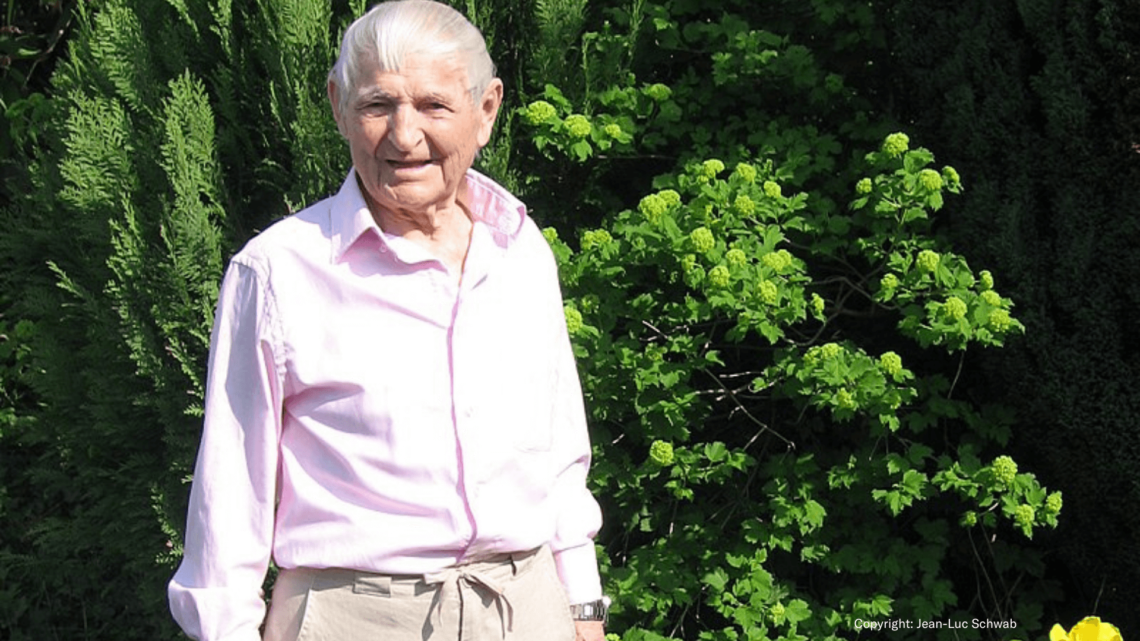
Accused of being homosexual
Stefan Blaszkowski spent almost two years in prison because a German Gestapo man accused him of being homosexual and claimed to have been insulted by him. The mere suspicion was sufficient to convict Stefan. This example shows that Paragraph 175 could also be applied in cases that did not involve intimate relationships.

